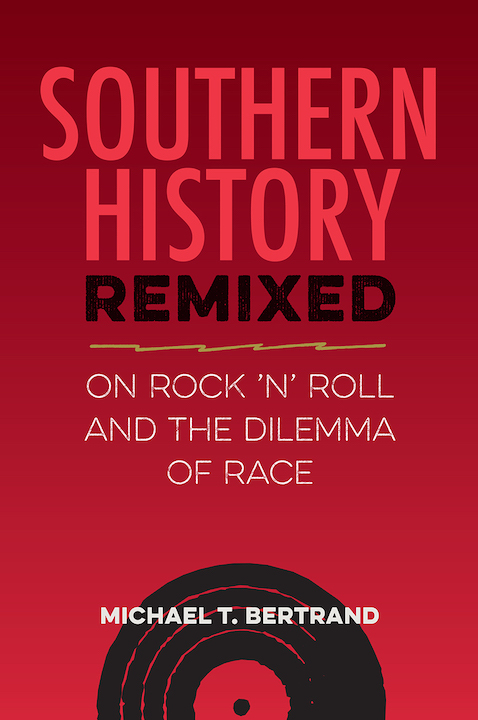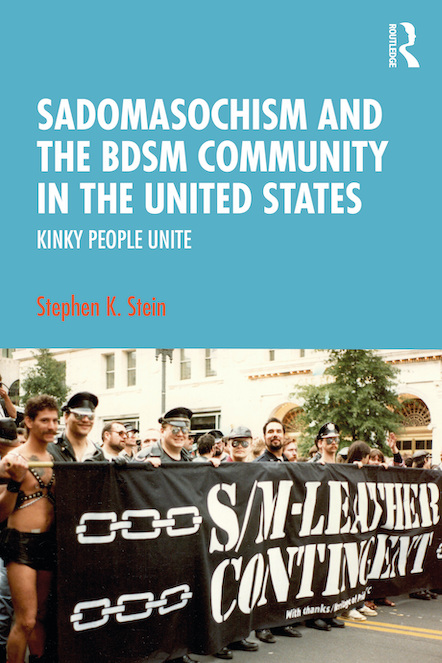A Door She Might Not Want to Open
Bestselling author Anita Shreve discusses her new novel, Stella Bain, which explores a woman’s memory loss during World War I
Stella Bain, the seventeenth novel by bestselling author Anita Shreve, opens in 1916, in a French field hospital where the eponymous protagonist awakens with practically no memory of who she is or how she arrived there. Set against the rich and tragic backdrop of World War I, this mysterious story traces Stella’s attempt to piece together her true life and the events leading up to the desperate, shell-shocked state in which wakes. “Stella has no idea where she has come from,” reads an early line in this present-tense narrative. “She senses it might be an unhappy place, a door she might not want to open.” After being befriended by a British surgeon so interested in Stella’s memory loss he guides her through experimental psychotherapy sessions, Stella begins to face her disastrous past and the heart-wrenching discovery of all she’s left behind.
A resident of Massachusetts, Shreve has explored the theme of identity in earlier novels, which include The Pilot’s Wife, a selection of Oprah’s Book Club, and The Weight of Water, which was a finalist for the Orange Prize in England. She has frequently written from a male point of view, but her focus, primarily and in Stella Bain, has been on women: their choices, relationships, triumphs, crises, imposed gender roles, and essential humanity.
In advance of her appearance at Nashville’s Parnassus Books, Shreve answered questions from Chapter 16 via email.
Chapter 16: One consistent theme in many of your novels, including Stella Bain, is the ways in which secrets shape characters’ lives, but Stella’s secrets are unknown even to herself for much of this story. Can you speak to the differences between writing about someone who’s intentionally hiding facts and someone desperate for the truth, including knowledge of her identity?
 Anita Shreve: A classic example of the two ways in which secrets are revealed would be the contrast between All He Ever Wanted and Stella Bain. In the former, we have a narrator who hides a plot from his wife and hopes to get away with it and is himself deceived about his own actions. Stella, on the other hand, struggles mightily to find out who she is. Part of the tricky structure of this novel was making sure the character of Stella isn’t withholding information from the reader. As John Gardner once wrote, “Make the reader an equal partner.”
Anita Shreve: A classic example of the two ways in which secrets are revealed would be the contrast between All He Ever Wanted and Stella Bain. In the former, we have a narrator who hides a plot from his wife and hopes to get away with it and is himself deceived about his own actions. Stella, on the other hand, struggles mightily to find out who she is. Part of the tricky structure of this novel was making sure the character of Stella isn’t withholding information from the reader. As John Gardner once wrote, “Make the reader an equal partner.”
Chapter 16: What kind of medical and historical research was required by this project? What did you learn about memory and its recovery as you researched and wrote?
Shreve: I had to do a fair amount of medical and historical research for Stella Bain. First of all, I had to be accurate about WWI. Where, geographically, Stella would have been, for example. And if I wrote a sentence that read, “Lysol and Iodine were the only medicines on offer,” I needed to be sure that was true for a VAD nurse on the coast of France in 1915. The trick is to choose the one or two salient details that will bring the scene alive to the reader, not to deliver a nonfiction treatise on the subject.
Chapter 16: You’ve said that a novel is a “collision of ideas. Three or four threads may be floating around in the writer’s consciousness, and at a single moment in time, these ideas collide and produce a novel.” What were the original threads for Stella Bain?
Shreve: A character from a previous novel I had written had not been able to tell her side of the story. I wanted to let her do that, and when I realized that the time frame was 1915-1920, I immediately thought WWI.
Chapter 16: Decades ago you quit teaching high school to write full time because of a “panicky feeling that it was now or never.” What gave you the courage to take the leap? Have you ever doubted your decision?
Shreve: I think it was simply blind faith that led me to quit teaching. That and a kind of hunger for creative work that had not yet been satisfied. I have never regretted that decision.
Chapter 16: In both your fiction and nonfiction, you’ve focused primarily on women and their relationships, mishaps and triumphs. Of the two genres, do you see one as a better vehicle than the other for exploring those themes?
Shreve: I can’t agree that I’m focused on women. That would be leaving out a lot of central male characters in my work. Andrew in Eden Close, for example, or Charles in Where or When. Neither gender is a better vehicle for telling a story.
Chapter 16: Did having The Pilot’s Wife selected by Oprah’s Book Club in any way change your approach to writing?
Shreve: Oprah’s Book Club changed a great many things in life, but my approach to writing was never one of them.
Chapter 16: In interview after interview over the years, you’ve declined to discuss what you were working on next. Why is that?
Shreve: I wrote Eden Closein secret. It worked for the first novel, so why not for the next sixteen? I admit to being superstitious about some things. The Red Sox and the Patriots, for example.
Anita Shreve will discuss Stella Bain at Parnassus Books in Nashville on February 13, 2014, at 6:30 p.m.





